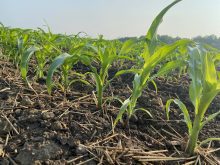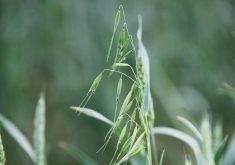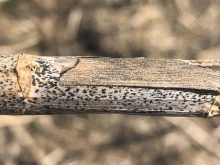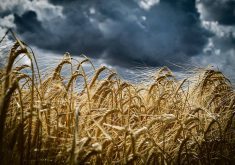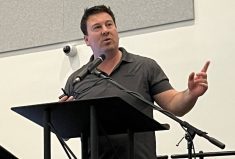Manitobans with expertise in zero till and soil health are helping farmers increase productivity in the isolated nation
When it comes to North Korea, agriculture may not be the first thing that pops into people’s minds. But for the Mennonite Central Committee (MCC) it’s been front and centre for the last five years.
The Winnipeg-based organization has been providing farmers in the Democratic People’s Republic of Korea with assistance with soil conservation and low-input systems as part of their ongoing work with conservation agriculture.
“Their climate is similar to ours… it’s a temperate climate, it’s not tropical, they get snow and real winters, and Canada is known for its level of expertise in minimum tillage, or conservation agriculture techniques, so it was a good fit,” said Dan Wiens, food security and livelihoods co-ordinator for the MCC.
Read Also
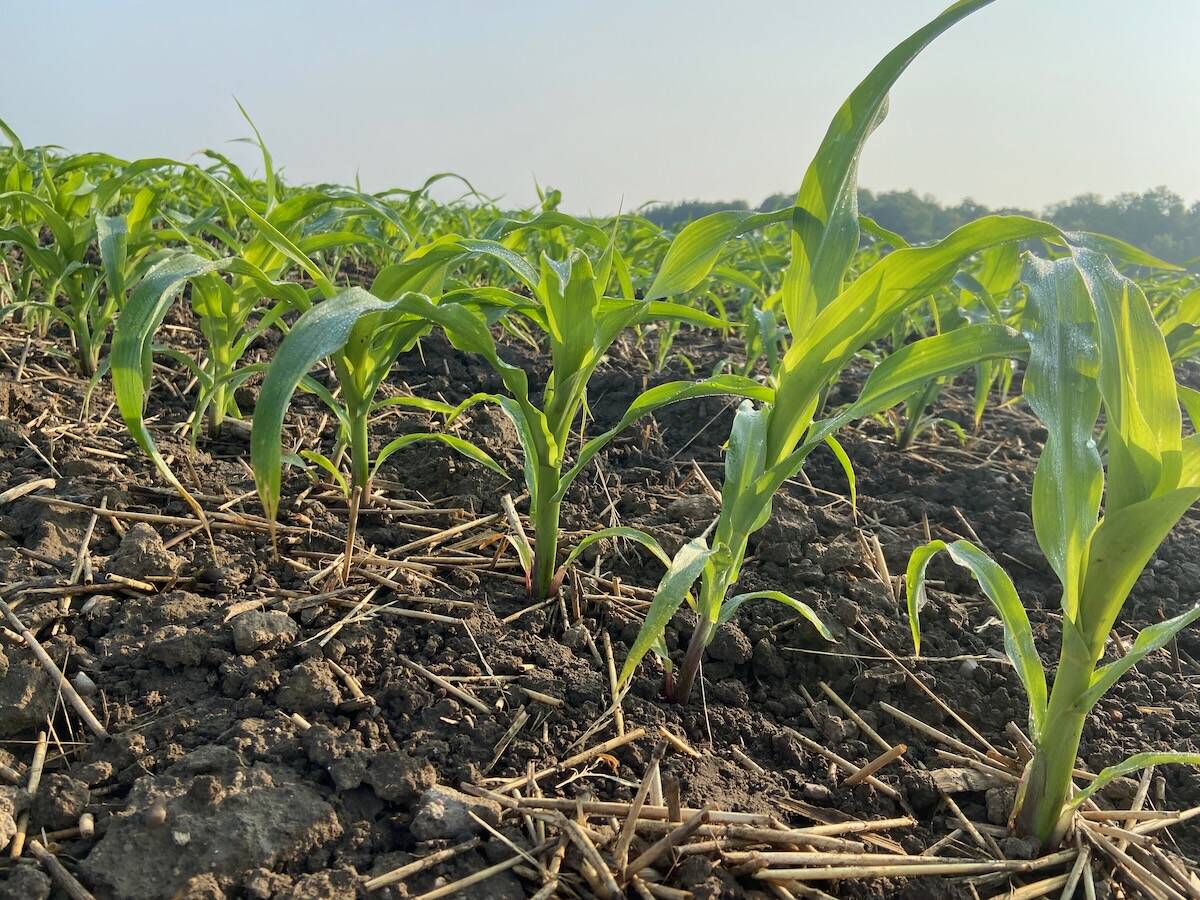
Can we trust the USDA crop data anymore?
Indications that farmers, analysts and traders have started to lose trust in U.S. Department of Agriculture data are hardly a surprise.
The organization, which first offered assistance to the country during a famine in the 1990s as part of its work with the Canada Foodgrains Bank, was contacted by North Korean officials.
“They contacted MCC and said they’d be interested in working with us on some sort of agricultural project, so we said sure, ‘We’re interested,’” Wiens said.
In addition to staff in MCC’s Beijing office, experts from Manitoba have travelled to the country, including University of Manitoba professor Martin Entz, who volunteers his time.
“One of the things that’s been so much fun has been talking to farmers and running field schools where we talk about what happens when the carbon goes into the soil and why it’s important to enrich the soil with carbon,” said Entz.
Intensive fertilizer use, removal of plant matter, and tillage has reduced carbon, and therefore productivity, in many fields, he said.
In addition to helping to reduce tillage, Entz is encouraging farmers to expand their use of green manure cover crops.
“It’s important to understand the context of farms in that country, they are quite large, and they are communal state farms, about 2,000 acres in size, so they’re not small,” said Entz, adding that despite their size, farm mechanization is not common.
Most farms in the country are diversified operations, although one of the three farms the MCC program works with focuses primarily on rice production, he said. Wheat, corn, soybeans, cabbage, and potatoes are also important crops in the country.
In addition to limited arable land, long-standing trade embargoes against the communist country make the importation of agricultural inputs difficult, if not impossible.
But it also makes the country fertile ground for natural cropping systems, such as zero tillage, green manures and cover crops, said Entz.
“That’s been helpful, because the thinking around agriculture has been all about industrializing it, using inputs, and like many places in the world, they probably need to emphasize the biology of the system a bit more,” said Entz.
During field workshops, training is also provided on how to gauge organic matter in soil, how to determine if soil is becoming less compacted, and using biological indicators, such as earthworm populations, to assess soil health. Agronomists from North Korea have also visited Manitoba to learn more about conservation techniques used here.
But the Canadians also have learned from the North Koreans, said Entz, who has made three visits to the country.
“One of the most interesting things they’re doing, is how they are very vigorously composting all of the organic material that comes out of the cities and using that as fertilizer,” he said.
Although tensions have been rising on the Korean peninsula, Wiens said the program will continue as normal.
“The farmers are still there on the ground growing food and in need of technical support,” he said.
“We’re supporting farmers to feed more people and have fewer people go hungry.”
Once you’re out in the field discussing a production issue, the cultural divide disappears, added Entz.
“It’s exactly like talking to a farmer in Manitoba,” he said. “A farmer is a farmer is a farmer.”


